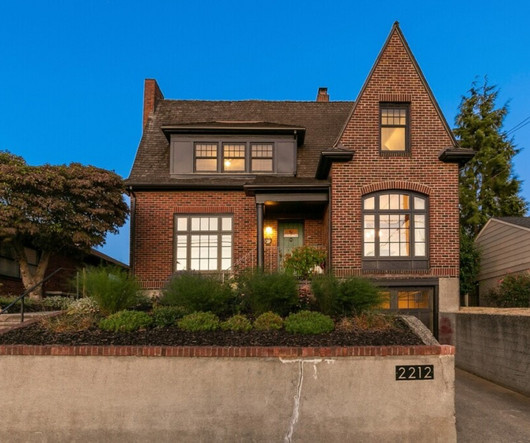Understanding Mortgage Terms for Home Buyers
Realty Biz
AUGUST 12, 2023
In a mortgage agreement, the buyer borrows money from the lender (usually a bank) and agrees to pay it back with interest over a specified period. Principal : The amount of money you borrowed to buy the home. Over time, you'll pay down the principal and interest. It's typically expressed as a percentage of the home's price.














Let's personalize your content